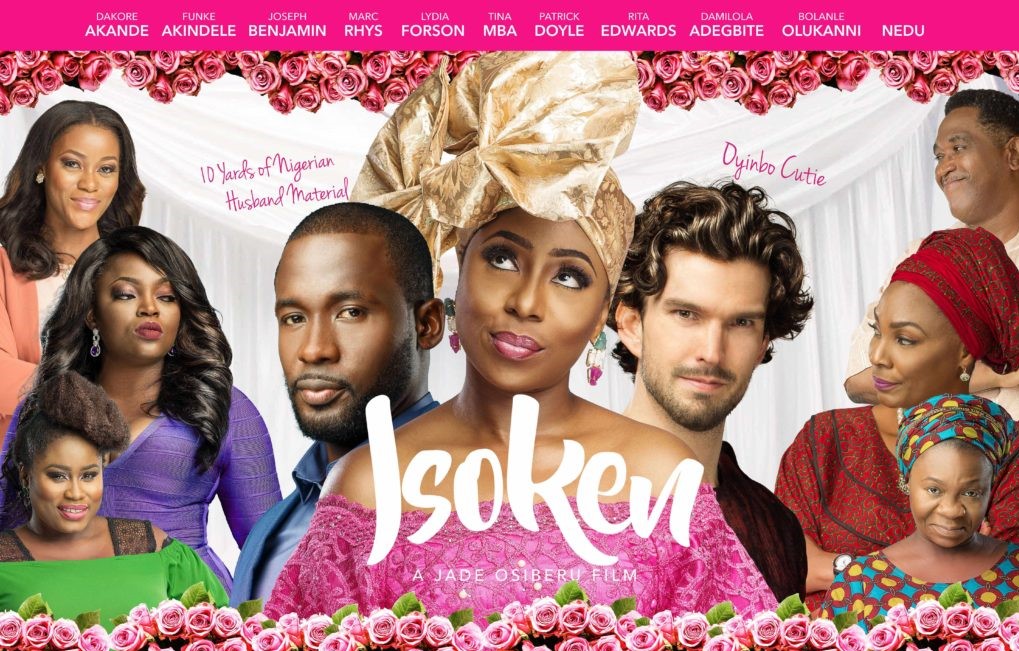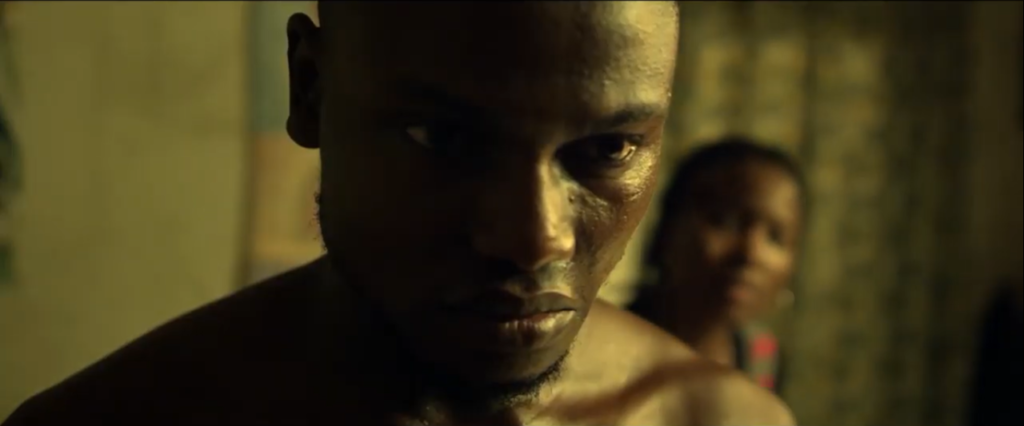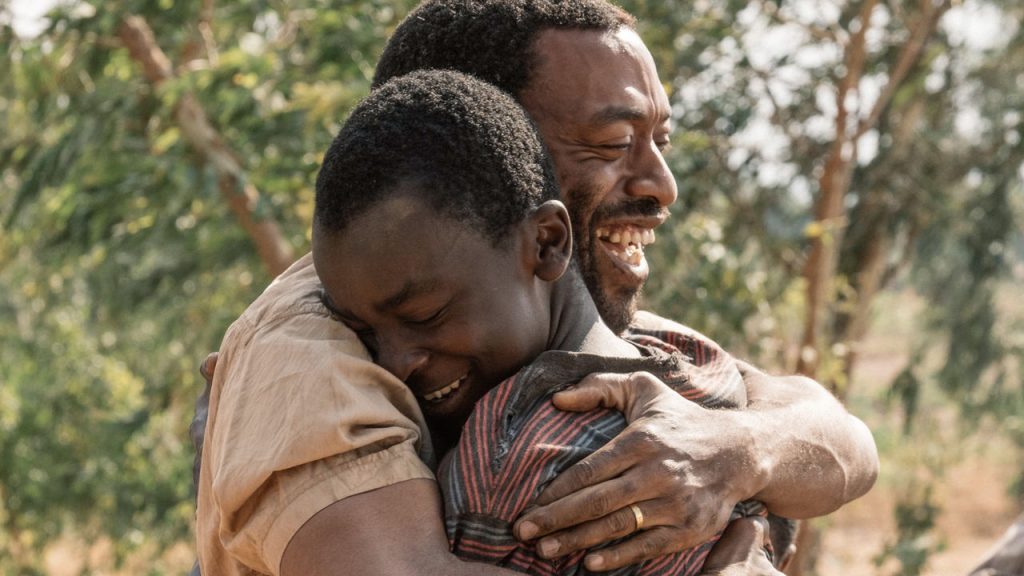“Isoken” is a relatable Nigerian story fairly well told by Jade Osiberu.
Dakore Akande plays the eponymous “Isoken,” a 34-year old successful career woman who is single. With her two younger sisters, Nene (Bolanle Olukanni) and Osato (Jemima Osunde) married, Isoken is under pressure to quickly find her Mr Right.
The movie begins with Osato’s wedding. At the wedding reception, Isoken is introduced to Osaze (Joseph Benjamin). It is immediately obvious that they fancy each other. Osaze is affluent and handsome. He is a bachelor from a notable Bini family. Consequently, he is good “husband material.”
Days later, under the most unlikely circumstances, Isoken meets Kevin (Marc Rhys) an English photojournalist. Kevin is simple and funny. She can be herself around him. Isoken and Kevin share the same love of art and music. But she must choose one of the two men vying for her love.
Most of the actors in the film are impressive. Dakore captures a wide range of emotions in this movie. Her acting shows versatility. For instance, shows she is impressed but not in awe when Osaze talks about his finances on their first date. On the second date, she is flirty. These are in addition to the various levels of comportment and disappointments she had to express from the harassment of her family.
The movie’s dialogue is truly entertaining, especially between Isoken and her besties – Lydia Forson (Kukua), Agnes (Funke Akindele-Bello) and Joke (Damilola Adegbite). The ladies share an excellent onscreen chemistry. The dialogue is also very familiar. The audience can relate to Osaze asking the very cliché question, ‘Why is a beautiful lady like you still single’ and answers himself, ‘…or were you busy building a career?’
Tina Mba plays Isoken’s mother. She is brash but very believable. That moment when Ms Mba tells Isoken to ask Osaze what he will eat rather than grinning from ear-to-ear is very typical of Nigerian mothers. The believability is however lost when she goes to witness Isoken profess her love to the man after heart. That transformation was too abrupt.
Furthermore, the script disappoints in the proposal scene. There is no indication that Osaze is aware that Kevin exists so his reaction to Kevin’s presence at Isoken’s party raises questions. The surprise party and proposal would have worked well without the “seeming” jealousy. More so, the average Nigerian girl would not choose Kevin if the only problem with Osaze seemed to be his overbearing mother – especially when one considers the stigma associated with Edo women and prostitution. Isoken even admitted that she was attracted to Osaze and said he was a good catch.
Isoken’s superstitious aunt who is obsessed with laying on of hands on everything is also exaggerated. The scene where she chases after children who are playing was absolutely unnecessary.
Still, the movie’s biggest flaw is in the portrayal of the Edo culture. Edo brides are simply the most beautiful. So it understandable that Ms Osiberu wanted to situate the wedding within the cultural context. But it became “Isoken’s” undoing because sadly, the costumier makes a big blunder.
The father of the bride (Patrick Doyle) and her brother Nosa – another obvious Edo name – were dressed as a Delta men – possibly Urhobo. This left the audience confused as to whether Isoken’s dad is Delta while her mum is Edo. But Osato’s wedding had all the trappings of an Edo traditional wedding. There was a Bini dance troupe. The bride’s attire was aptly Bini. And her father performed the ceremonious handover of the bride to the groom in a way that only Edo people do. The band even performed Victor Uwaifo’s Guitar Boy. So, it was clear that the costumier goofed. The mistake is repeated again at Kukua’s wedding.
More so, Osaze’s family name is Abieyuwa. Abieyiwa is a Bini name given to girls. That was another miss.
The producer might want to hide under the guise of artistic licence but that would be impractical with a title such as “Isoken.” It is clear that the blunder is the result of poor research.
Had the movie not been titled “Isoken,” would it still be relevant? Absolutely. If the producer did not have firsthand experience of the Edo culture, she might have opted for a white wedding or another more familiar culture to avoid offending sensibilities. Because whether it was a white wedding or what the Edo people like to refer to as the traditional native law and custom wedding, “Isoken” is an authentic Nigerian story.
[youtube https://www.youtube.com/watch?v=PS4s6QH_RHI ]
Directed and produced by Jade Osiberu
Cast includes; Dakore Akande, Joseph Benjamin, Tina Mba, Patrick Doyle, Marc Rhys, Funke Akindele, Damilola Adegbite, Bolanle Olukanni and Lydia Forson.




